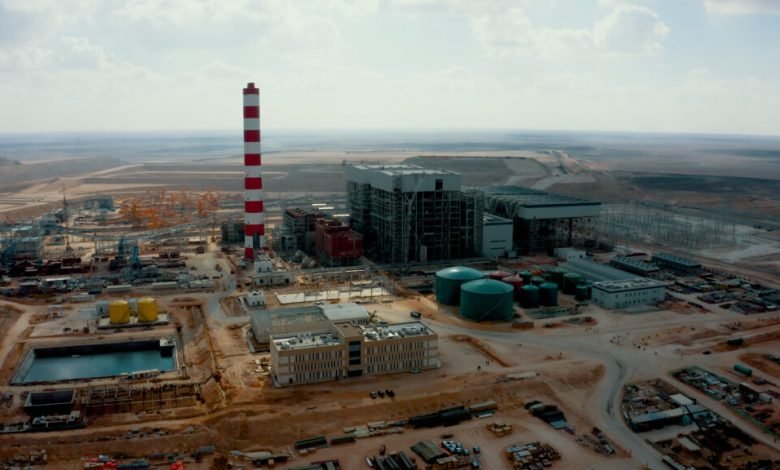
By : Nedal Zubeidi
Jordan Daily – In countries like Jordan, energy is never just about numbers in the Ministry of Finance’s ledgers. It is a question of life, sovereignty, and survival. The Attarat project, with all its promise and controversy, has entered the kingdom’s history as one of its boldest economic deals in decades.
Attarat is an independent power project, signed with a consortium of Chinese, Malaysian, and Estonian companies. Its idea was simple: generate electricity from shale rock and sell it to the national utility, National Electric Power Company (NEPCO). In 2013, the agreement was sealed: the plant would provide around 15 percent of Jordan’s electricity needs, starting in 2021, with a $2.1 billion investment. Yet in 2020, under Prime Minister Omar Razzaz, the project was halted amid arguement of “gross unfairness” in the price of electricity it would deliver.
The government, however, took the matter to arbitration. It did not seek to cancel the deal, only to renegotiate prices it deemed excessive. Yet the case failed, and Jordan remains bound by the thirty-year agreement with the consortium.
The irony is that at the very same time, Jordan signed a $15 billion, ten-year gas deal with Israel. Suddenly, the kingdom had a surplus of electricity. Attempts to export that surplus to Lebanon via Syria ran into the hard wall of U.S. sanctions – the Caesar Act- leaving the country with more power than it could use, and bills it could hardly afford.
Still, Attarat carries its own weight of symbolism. It is the first real step toward using Jordan’s vast shale resources. It produces 470 MW from a single site, employs more than a thousand Jordanians, and trains a new generation in the craft of extracting energy from local rock – far from dependence on Israeli gas.
Thus, Attarat is not just a power station; it is a symbol of Jordan’s resilience and ambition. A country long dependent on imports, yet now charting its path toward energy independence with bold vision to attract billions of investments in its own shale resources, building a foundation for future security. A country proving that self-sufficiency is possible, even if challenges remain along the way.
And yet, the project’s strategic meaning cannot be dismissed. In a region where news circulates about Israel possibly cutting gas flows to Egypt- a move that could raise Cairo’s energy costs by 25 percent – Jordanians understand the logic of turning inward, however expensive.
Attarat lives in the space between economics and politics, between dream and burden. Economists may call it a liability, but for a small country like Jordan it is also a school, a symbol, and a statement: independence is never free, and it is always costly. The black stones burning in the Attarat desert are not just fuel; they are a message – that Jordan can light its own nights from its own earth, not from a valve that opens and closes in a foreign capital.

